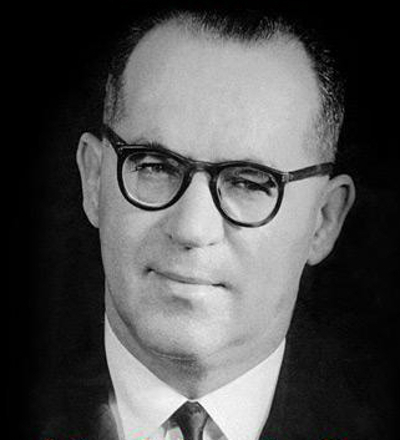THE Chilean Civil War of 1891 was one of the most impactful events in the history of South America, as was the Paraguay War and the installation process of military regimes on that continent in the 1960s and 1970s. The referred war resulted from a direct confrontation between the elected president, who began to govern in 1886, JosephManuelbalmance, and the Chilean National Congress.
Balmaceda was democratically elected president of Chile and had a liberal-cut political program and an ambitious political reform agenda. The problems of governability, that is, the capacity for agreements and political articulation with the legislative power, began in the year 1890, when Balmaceda sent his budget bill for the year to Chilean congressmen. Following. However, Congress refused to pass the bill as it was considered costly and authoritarian.
The following year, Balmaceda rebelled against Congress and enforced the previous year's budget proposal. The outraged congressmen voted to remove the president from office. Balmaceda, in response, dissolved Congress, chasing legislators' mandates. This authoritarian gesture, which, in practice, conferred the centralization of power on the figure of the president, was the trigger for the beginning of the civil war.
Alongside the congressmen, Chilean navy forces and some army officers were positioned. Among them, Estanislao del Canto. However, the official army was still coordinated by President Balmaceda and was divided into four divisions: Valparaíso, Santiago del Chile, Coquimbo, and Concepción.
The battles of war took place at sea and on land. Initially, the battles were concentrated in northern Chile and led to fierce fighting in the cities of Zapiga, Dolores, Huara, Iquique, Pozo Almonte, Caldera and Calderilla. Then followed the fighting in the central region of Chile.
The war had its decisive battles in Concón and Placilla, when congressional forces massacred the Balmacedista fighters. At the end of August 1891, Balmaceda acknowledged defeat and went into exile in Argentina, transferring the country's leadership to General Manuel Baquedano. However, the social crisis caused by the civil war only ended when, in exile, Balmaceda shot himself in the temple.
The Brazilian intellectual Joaquim Nabuco spoke about this episode in his work Balamaceda (1895). He said:
For me, this tragic end is the last proof that Balmaceda's conscience since the coup d'etat has always been in doubt and fluctuation. If he had won, he would have tried to calm her down by one of those heroic expedients with which the investors of the society sought to reassure themselves even though they disturb the world, as is, for example, a war of conquest. At the dubious point of conscience he would have placed a great measure of glory, like Napoleon.[1]
GRADES:
[1] NABUCO, Joaquim. Bathing. São Paulo: COSAC NAIFY, 2008. P. 187.
By Me. Cláudio Fernandes
Source: Brazil School - https://brasilescola.uol.com.br/guerras/guerra-civil-chilena-1891.htm

